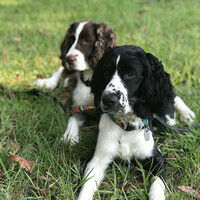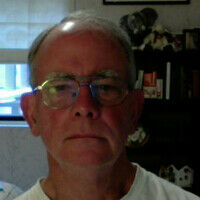As a composer who recently created "Fire Queen"—a powerful and cinematic piece completed in under 2 hours—I want to share insights and strategies that helped me work efficiently while maintaining quality. The world of scoring for film, video, or theater requires not just creativity, but also the right blend of hardware, software, and workflow management.
My Key Strategies:
Optimized Workflow: I prioritize a clear structure and setup for my DAW (Digital Audio Workstation). Whether using Logic Pro, Cubase, or another platform, customizing templates and pre-setting sound libraries is a time-saver.
Hardware Essentials: Working with a reliable MIDI controller and a high-performance system ensures that my creativity flows without technical hiccups.
Software Favorites: I rely on a mix of orchestral VSTs like Spitfire Audio, alongside plugins that offer both warmth and cinematic depth.
Style and Process: When working on an epic score, I start by outlining the thematic elements, choosing motifs that represent the essence of the character or scene. For "Fire Queen," it was essential to create a feeling of power and majesty, which guided my choice of instruments and composition style.
Collaboration: Collaborating with directors and production teams early in the process ensures the score aligns with the visual storytelling.
Final Thoughts:
Understanding the business aspect is also critical. Networking, contracts, and intellectual property rights should not be overlooked by any composer aiming for sustainable success in the industry.
I hope these tips resonate with fellow composers and those exploring the intricate world of film scoring. Feel free to share your own experiences or ask questions about specific aspects of the process.















































2 people like this
The music in Dune 2 was incredible!
1 person likes this
For sure, one day I will work with Hans Zimmer. I really like his work and he inspired me to do film scoring.